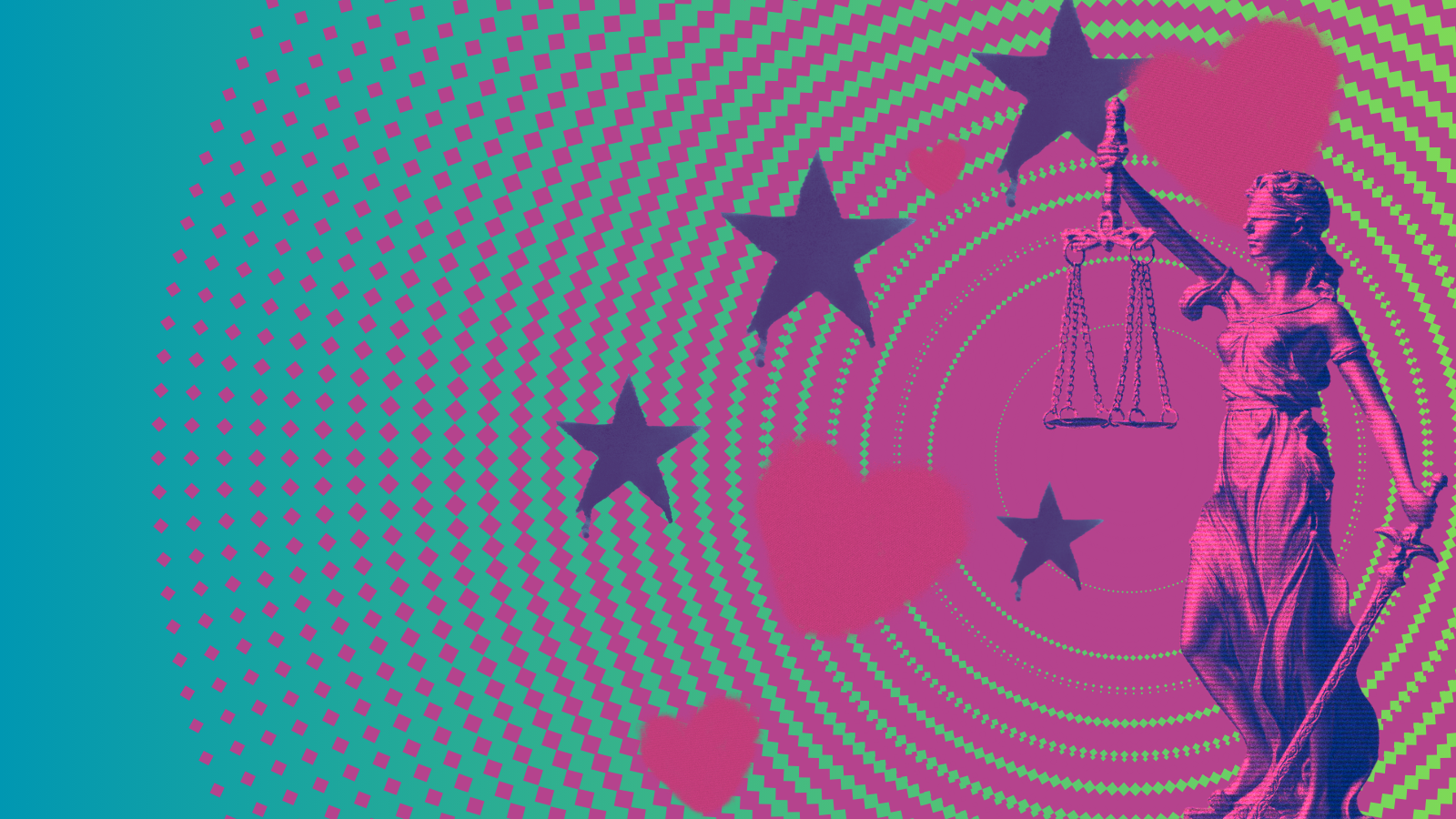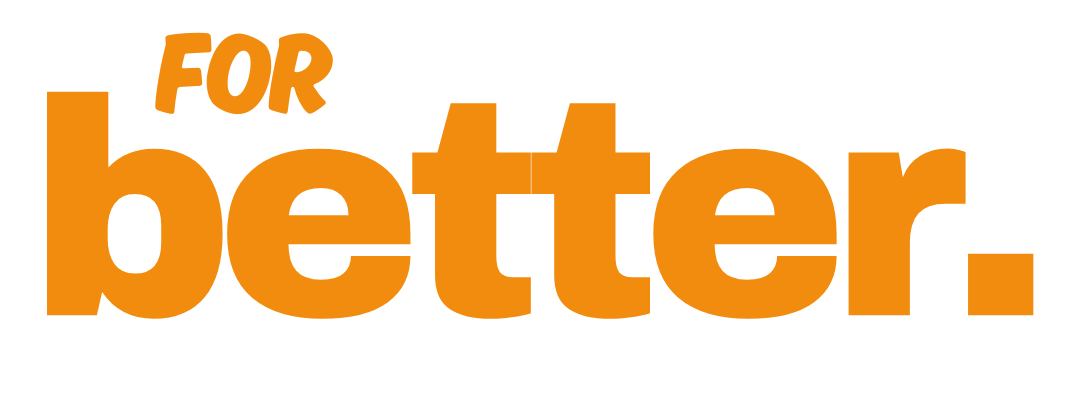The Future of Social Media: Are Ethics Enough?

The idea of democratic and open Fediverse aligns with many nonprofits, NGOs, and activists - but is that enough?
The Fediverse, a network of decentralised interoperable social media platforms, is seen by many as the future of social media.
It's a return to what social media was meant to be, social.
The idea is, that you'll no longer need an account for every social media under the sun. Just one account for everywhere. You'll be free to move from platform to platform, choosing the one that fits best for you - not your friends - but still be able to talk to everyone you want to.
It's a chance to turn away from 'Big Tech', platforms owned by one (usually white man) we all know that people want to leave.
Not just people, but organisations, journalists, publications and charities too. They're aware that the platform they're using does not align with their values.
What Does the Fediverse Offer?
Ethically, the Fediverse offers a lot.
Open so anyone can join ✅
Democratic because there's no one leader ✅
Free to join in multiple places ✅
Connection driven, rather than profit driven ✅
Offers ownership to your online presence ✅
Lets you control your privacy ✅
Almost always transparent & open-source ✅
Built - in many cases - by marginalised communities ✅
There's loads of reasons why you can argue the Fediverse is better, morally, than traditional centralised platforms. But if the moral and ethical reasons were enough, wouldn't more people already be there?
Ethics vs. Reach
It's important to admit that the Fediverse isn't anywhere close to its full potential yet.
The numbers of active users are far below the numbers of X - the main microblogging alternative for this discussion.
If we think of a charity, journalist or organisation, it makes sense that they'd want to reach the biggest possible audience.
Especially in the case of a charity, it's hard enough to build a following from nothing. With no funding, no audience, only the belief that you can help - trust me, I work for one!
Once you've got that reach, you have to protect it. It's not only a source of income from donors, but a source of credibility. That is very hard to ask someone to throw away.
For some, when faced with the ethical dilemma of a place like X, it might be easy. But I can bet for the majority it's not. Even if the interaction they get over there is of a lower quality.
I'm holding onto the hope that the full federation of Threads - hopefully coming by the end of the year - can change the tide.
Big numbers of people on the Fediverse, introduced to it through something that feels 'familiar' like Threads then moving towards Big Tech-free alternatives.
Until then, it'd be great to see more of these for-good organisations and thought-leaders promoting the idea of the Fediverse and (if they can) connecting to it.
Patience
The Fediverse is a very new idea to most and almost certainly not on the minds of the people calling the social shots in these places.
We need to be patient.
In time, more and more of the people and organisations we wish were on the Fediverse will hear about it, join, and then they might even dive deeper within than their Threads or bridged Bluesky account.
There's a lot to be excited about, but we can't rush it. We have to show it. We have to show them how the Fediverse works and why the Fediverse works.
That also means less hostility towards people and organisations who don't know about the Fediverse, or have chosen to stick with what they know for now. Every person, organisation, nonprofit and journalist has their own story and their own pace. They're on their way towards a federated future, in their own time, and when they're ready we'll be here to help.

